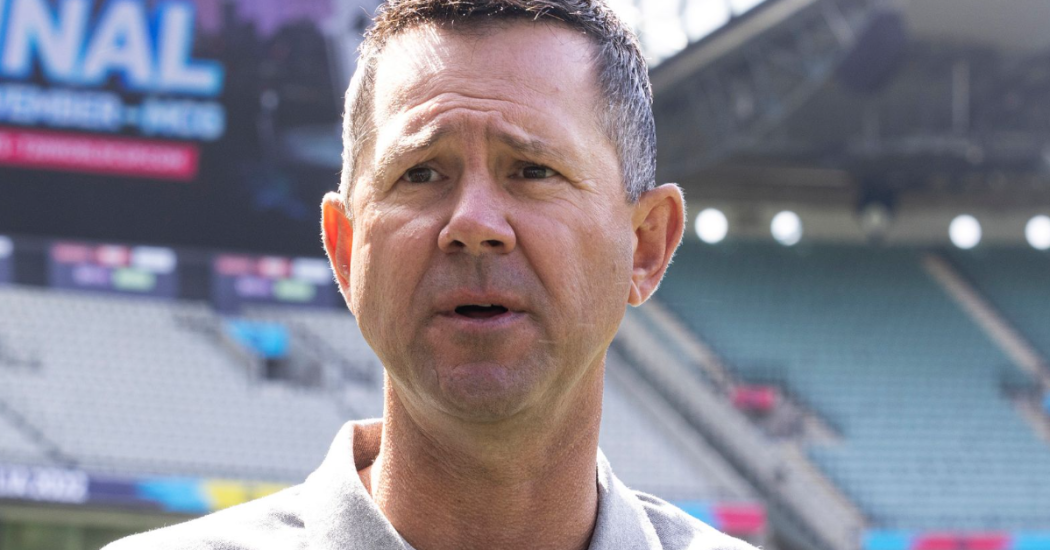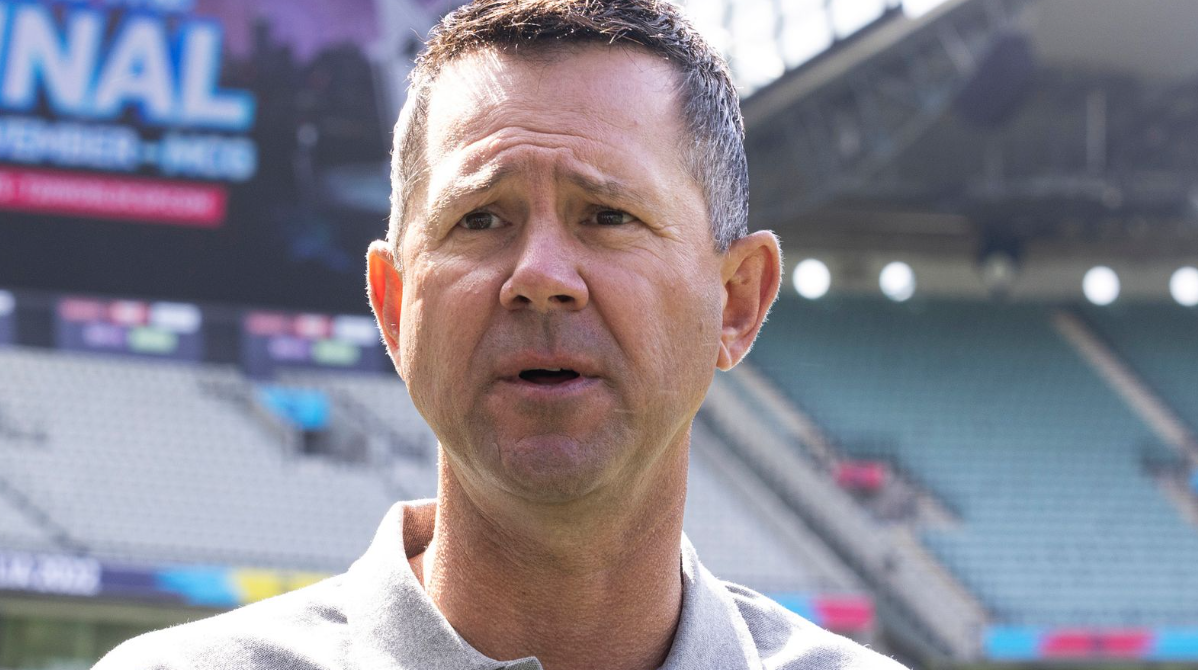
The balance of power in T20 cricket has undeniably shifted towards the batter, and Ricky Ponting, former Australian captain and current head coach of the Delhi Capitals, acknowledges this change.
Traditionally, cricket thrived on a delicate balance between bat and ball. However, T20’s explosive nature has ushered in an era of powerful batting displays and innovative strokeplay. Batsmen now wield immense influence, reshaping the sport’s very essence.
Ponting, once skeptical of scores reaching 300, now sees them as a possibility. Factors like batsmen having more freedom, the “Impact Player” rule allowing for more attacking options, and smaller grounds all contribute to this trend.
“I did not think a 300 score would ever be possible, but it looks like it’s going out to be.” -Ponting admitted in an interview with ESPNcricinfo.
The traditional approach of batter taking time to “settle in” is fading. Ponting observes a new mindset where batsmen are encouraged to be aggressive from the very first ball.
“There is no, you know, take five, six balls to get in and get set. It is go out, and hit from ball one.” – He noted.
Ricky Ponting recalls a past conversation with his teammate, Matthew Hayden, who strongly believed T20 cricket would be the future. Ponting, a purist at the time, disagreed. However, Hayden’s prediction seems to be holding true.
This shift in power dynamics has sparked debate. While exciting for fans, some worry it might overshadow other aspects of the game.
Ricky Ponting’s observations highlight the evolving landscape of T20 cricket. Whether this batsman-centric approach defines the format’s future remains to be seen, but it’s undeniable that T20 cricket is in a state of transformation.
Also Read: https://www.homeoft20.com/english-cricket-mourns-the-loss-of-young-spinner-josh-baker/

